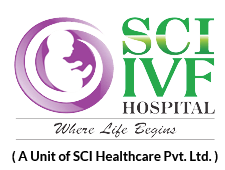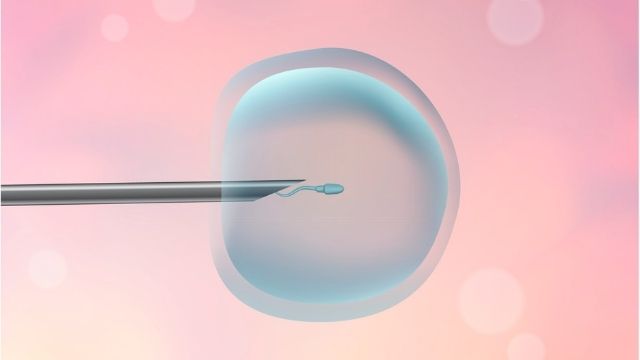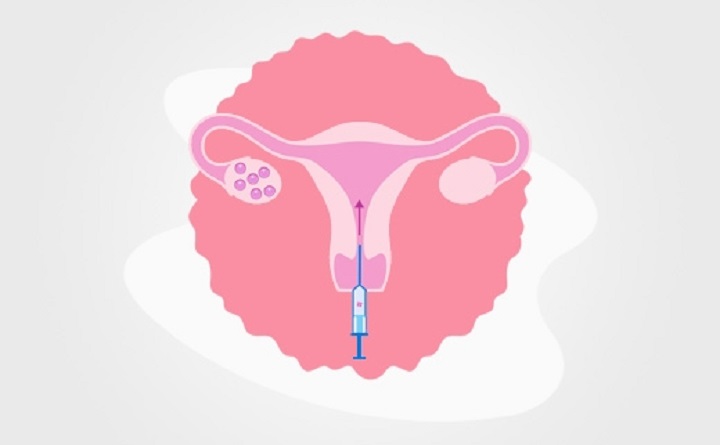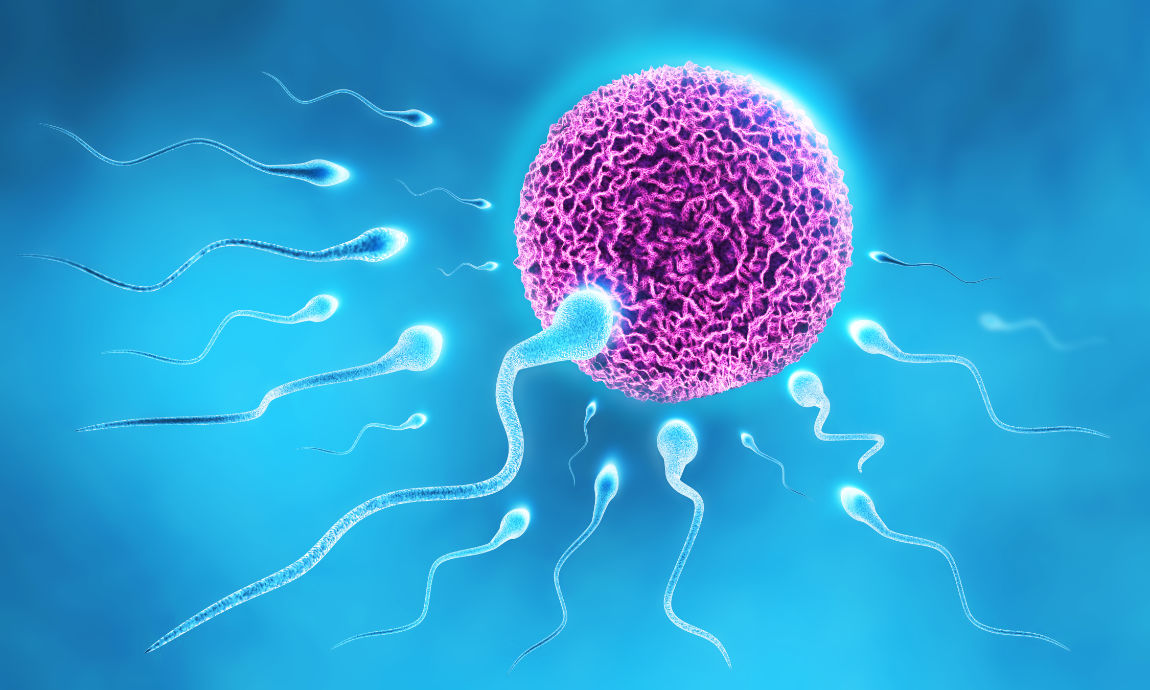Infertility is the failure to get pregnant or give birth after frequent attempts for a year (or six months if you’re over 35). Anyone who has had many miscarriages or who hasn’t been able to become pregnant in that period should speak with the best IVF doctors in Delhi. To assist women, men, and couples manage infertility and conceiving a child, physicians now provide a variety of treatments.
This article offers a summary of the many therapies that fertility experts may prescribe.
Female Infertility Treatments
The primary purposes of fertility drugs are to promote ovulation, avoid early ovulation, or promote egg development. They may be any variety of medications, whether in the form of tablets, injections, vaginal suppositories, gel, or in some situations, both. In many instances, pills are the first-line treatment since they often cost less money and require less monitoring time than injections.
Surgery may be required to clear obstructions from the fallopian tubes or to fix damaged tubes in female patients. A higher risk of ectopic (tubal) pregnancy is associated with the procedure. In certain situations, having surgery to remove endometriosis, uterine fibroids, scarring, or polyps might improve a woman’s chances of becoming pregnant.
Some women who experience issues with their cervical mucus may benefit from intrauterine insemination (IUI), in which the IVF specialist doctor in Delhi inserts concentrated (or washed) sperm without semen straight into the uterus around ovulation.
Assisted Reproductive Technologies (ART)
In SCI IVF Hospital, one of the best fertility centres in Delhi, the goal is often to increase the likelihood of conception. With assisted reproductive technologies (ART), the egg and sperm are combined outside the woman’s body. ART consists of:
- In vitro fertilization (IVF):This procedure involves combining the egg and sperm outside the body, letting them develop for a few days in a lab, and then transferring the resulting embryo or embryos into the woman’s body.
- Intracytoplasmic sperm injection (ICSI):Instead of mixing sperm and eggs in a dish and allowing them to interact naturally, a single sperm is effectively injected into a single egg in this IVF.
- Zygote intrafallopian tube transfer (ZIFT):Similar to IVF, fertilization occurs in a lab dish using this method, but the very next day, before cell division, it is transported to the fallopian tube.
- Gamete intrafallopian transfer (GIFT):For fertilization, the eggs and sperm must be introduced into the fallopian tube. Due to religious or moral considerations, some couples may choose GIFT since fertilization does not occur outside the body.
Male Infertility Treatments
One issue with the testicles is a varicocele, a dilated vein that may result in low sperm counts or sperm with unusual shapes. It could be advised to have surgery if the varicocele is quite extensive. The most common therapy is ART, particularly ICSI, which uses a small amount of sperm.
Surgery is often used as the first treatment for a physical impediment. If that fails, attempting to remove sperm straight from the testicles is an option. This is accomplished by:
- Micro epididymal sperm aspiration (MESA):A microscopic procedure is performed to gather sperm close to the blockage.
- Percutaneous epididymal sperm aspiration (PESA):During this treatment, sperm will be collected using a tiny needle close to the blockage.
- Testicular sperm biopsy (TESE):This is the process through which sperm are surgically retrieved from a tiny portion of the testicle.
Conclusion
You may discover possible treatment methods when you schedule a consultation with Dr Shivani Sachdev Gour, one of the best infertility doctors in Delhi. Finding out why you are having trouble conceiving will require a precise diagnosis, which must come first. Your therapy choices will be offered to you when the cause has been identified.





